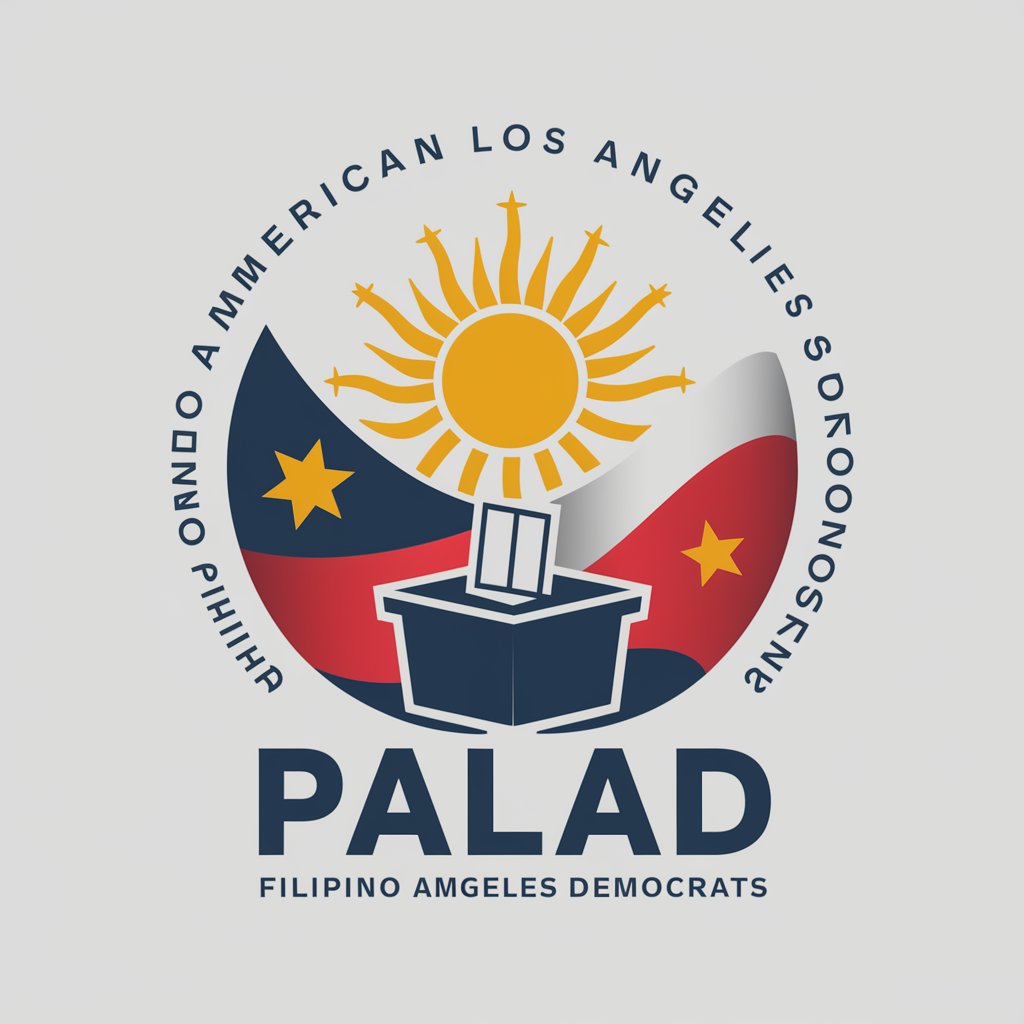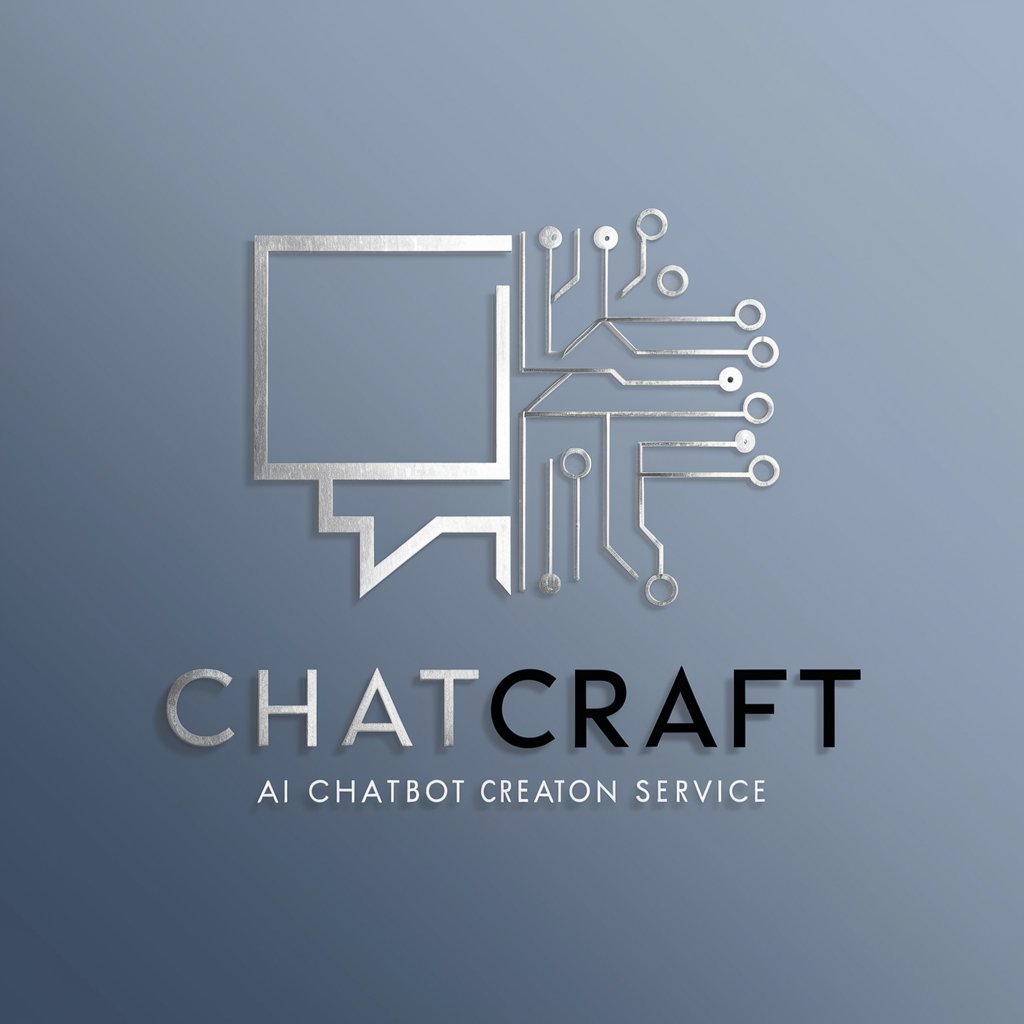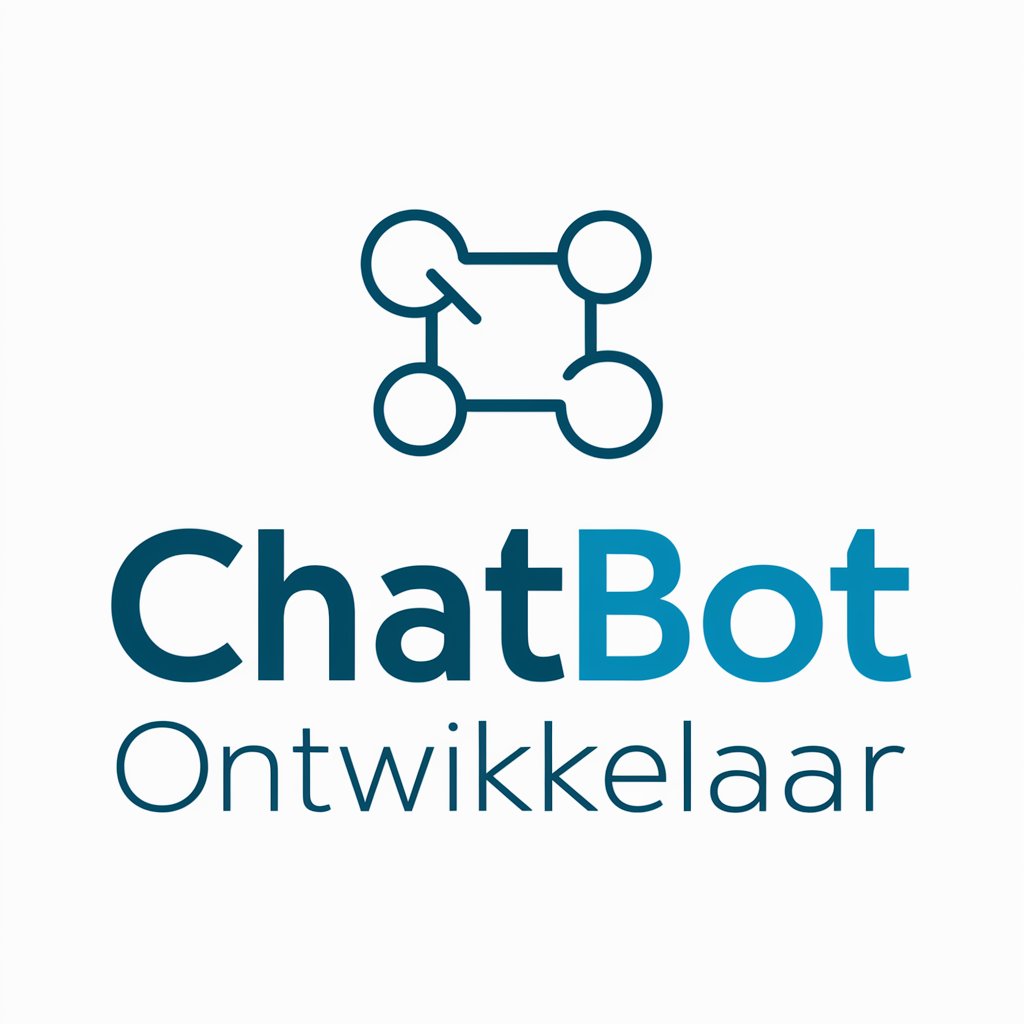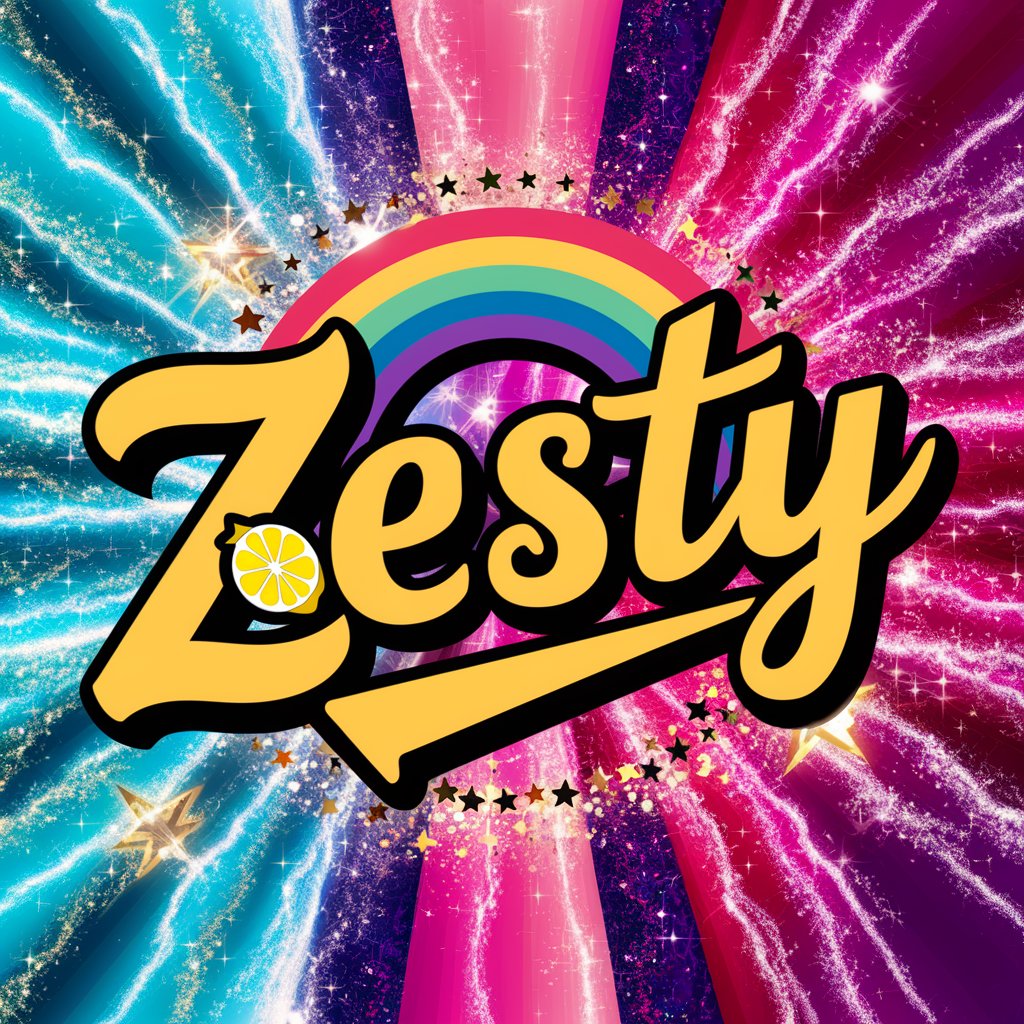Political Party Social Profiler - Political Affiliation Guess

Hi! Let's analyze political leanings in your text.
AI-powered political affiliation predictor
Analyze What Political Party This Person Belongs To
Is this article leaning towards Republican or Democrat?
Determine the political inclination of this speech:
Assess the political undertone in this comment:
Get Embed Code
Introduction to Political Party Social Profiler
The Political Party Social Profiler is designed as an interactive tool to assess political affiliations based on user-provided profiles, comments, and other relevant information. The aim is to predict whether a person is more likely affiliated with the Democratic or Republican party, based on a gamified approach where users input various pieces of information but not explicitly state their political leanings. This setup tests the AI's ability to discern underlying political tendencies from seemingly neutral data. For instance, a user might describe someone's views on environmental policy, economic preferences, or social issues without directly mentioning their political party, and the AI then makes an educated guess. Powered by ChatGPT-4o。

Main Functions of Political Party Social Profiler
Profile Analysis
Example
Analyzing comments on fiscal policies to determine a likely Republican or Democratic leaning.
Scenario
A user describes someone as supporting reduced taxes and deregulation. Based on these hints, the profiler assesses the likely political affiliation.
Interactive Guessing Game
Example
Engaging users in a game where they provide information, and the profiler guesses the political party.
Scenario
The user inputs various statements made by a person regarding healthcare and education. The profiler uses this data to guess whether the person leans more towards Democratic or Republican ideals.
Score Tracking
Example
Maintaining a score of correct and incorrect guesses to enhance user engagement.
Scenario
As the user provides more profiles and the profiler makes guesses, it tracks the number of correct versus incorrect assessments, offering feedback and a fun, competitive element to the interaction.
Ideal Users of Political Party Social Profiler
Political Enthusiasts
Individuals with a keen interest in politics who enjoy discussing and predicting political behaviors and affiliations. These users benefit from the engaging, game-like structure of the tool, which allows them to test their own understanding of political markers.
Educators and Students
Teachers and students in political science or related fields can use the profiler as an educational tool to understand how political ideologies might be inferred from everyday opinions and statements. It serves as a practical application of theoretical knowledge.
Political Analysts
Professionals who analyze electoral trends and public opinion can use this tool to refine their understanding of how certain views might correlate with political affiliations, enhancing their analytical models and predictions.

How to Use Political Party Social Profiler
Step 1
Visit yeschat.ai for a free trial without login, also no need for ChatGPT Plus.
Step 2
Select the Political Party Social Profiler from the available tools to start the game.
Step 3
Provide a profile description or comments of an individual for analysis.
Step 4
Submit the information and type 'Please Guess Now' to get a prediction of their political affiliation.
Step 5
Review the AI's guess and confirm whether it's correct or incorrect to track the score and enhance the tool's accuracy.
Try other advanced and practical GPTs
Professional Document Layout Optimization Word
Elevate your documents with AI-powered layout optimization.

Layla IT
Culturally immersive coding companion

Keyboard Layout Wizard
Tailor Your Typing Experience with AI

法律小助手
Empowering legal decisions with AI

Phonetic Tutor
Master Phonetics with AI

SLDS Guru
AI-Powered Salesforce Design Enhancement

PALAD 2024 Bylaws
Empowering Democratic Participation

Multilingual Democrat Partner
Empowering Multilingual Document Creation

AI Chatbot Wizard
Empowering interactions with AI

Lazy Plex AI Chatbot Services
Empowering Communication with AI

Gratis AI Chatbot
Empower conversations with AI

Zesty AI Chatbot
Bringing AI to Life with Flair!

FAQs about Political Party Social Profiler
What is the Political Party Social Profiler?
It's an interactive AI tool designed to predict the political affiliation of individuals based on their profile descriptions, comments, and other non-explicit cues.
How does the Political Party Social Profiler make its predictions?
The tool analyzes the inputted data using AI algorithms to identify patterns and cues that correlate with political affiliations, making an educated guess based on the analysis.
Can I use this tool for educational purposes?
Yes, educators and students can use it as a part of political science studies to understand how language can indicate political leanings.
Is the tool accurate in predicting political affiliations?
While it strives for accuracy, the predictions are based on patterns and may not always accurately reflect an individual's true political affiliation.
How can I improve the tool's accuracy?
Providing feedback on the tool's predictions helps refine its algorithms and improve future accuracy.
